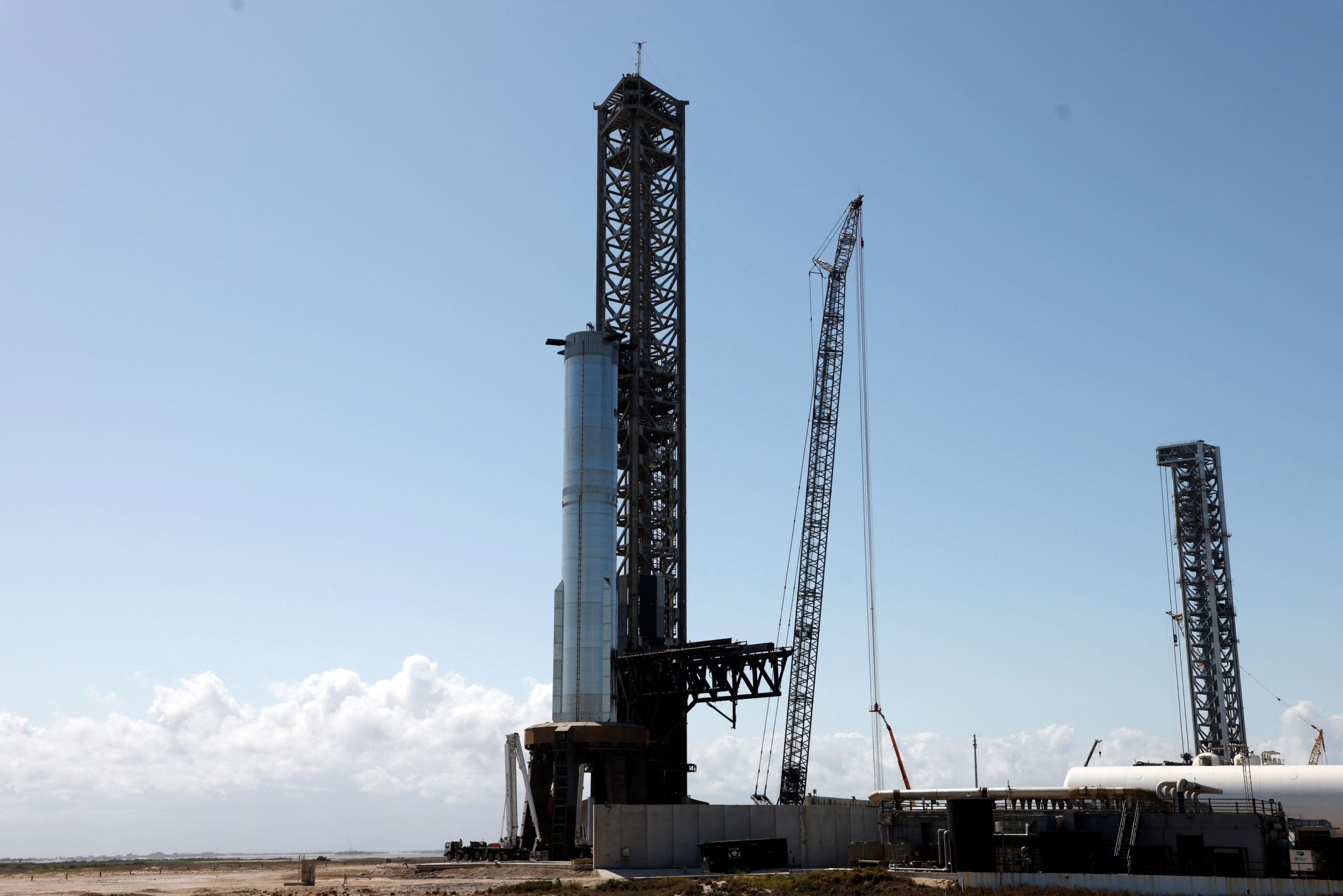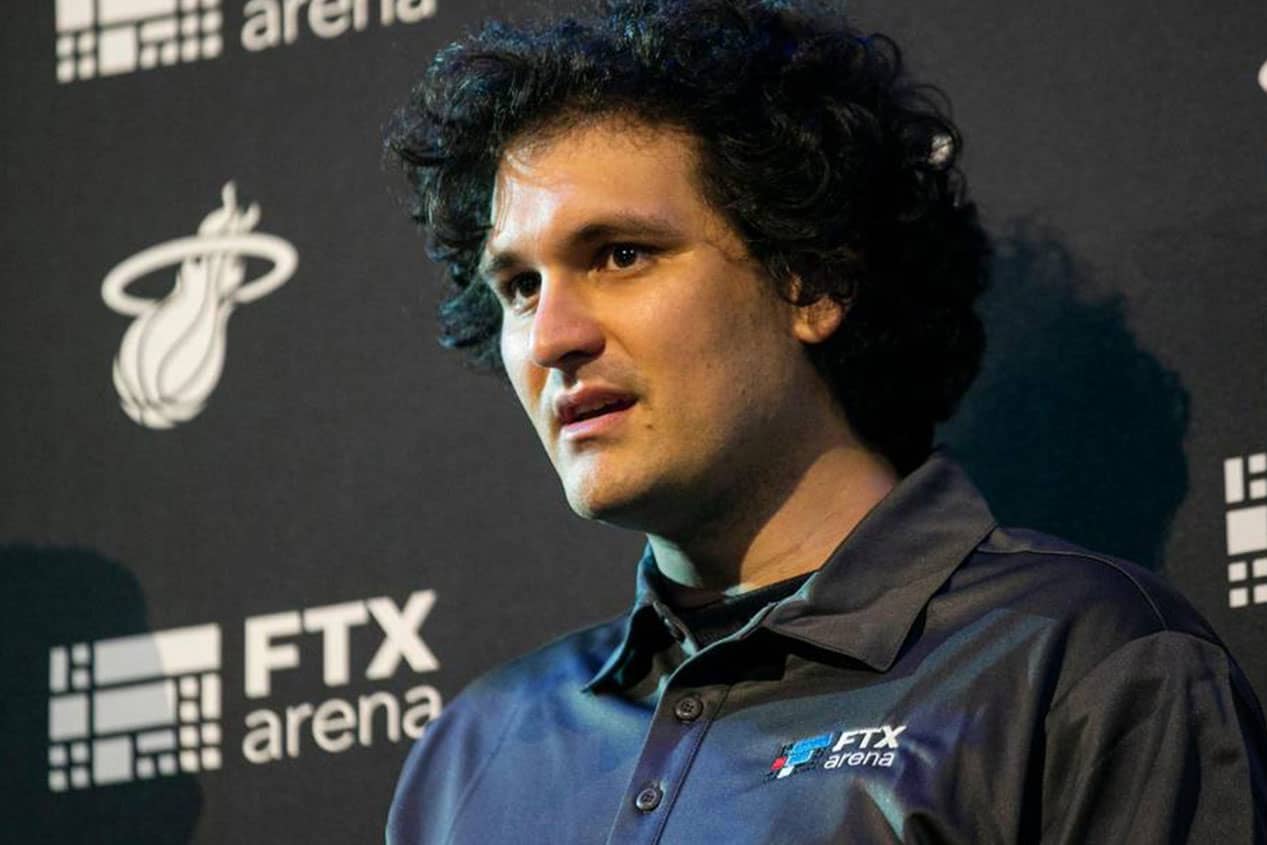JAKARTA: Indonesia’s Prabowo Subianto is setting his sights on former bankers to find his finance minister, as he seeks technocrats who can secure funding for his campaign promises while upholding fiscal prudence.
Prabowo, who declared victory in the recent presidential election, is considering health minister Budi Gunadi Sadikin, deputy state-owned enterprises minister Kartika Wirjoatmodjo, financial regulator chairman Mahendra Siregar and PT Bank Negara Indonesia president director Royke Tumilaar as potential contenders, according to people familiar with the matter.
They’re seen as most suitable for the role because of their financial expertise as well as effective leadership, said the people who asked not to be named because the discussions are private.
Prabowo won’t involve the finance minister position in any political bargaining, as he sees the post as above politics and requiring acumen in managing the budget, they added.
The new finance minister would take over from Sri Mulyani Indrawati, the only woman to ever be appointed to the role since Indonesia’s independence in 1945.
She steered the economy through the turmoil caused by the pandemic, embarking on an unprecedented debt monetisation to fund stimulus spending and then reining the budget deficit back within the legal limit a year earlier than promised.
Whoever ends up in the role would have a massive responsibility to help Prabowo steer South-East Asia’s largest economy amid geopolitical risks and supply chain disruptions arising from the United States and China rivalry.
The person would have to maintain fiscal discipline, which has been essential in stabilising the rupiah and assuring foreign investors, while securing enough funding for Prabowo’s big-ticket spending plans.
His spending spree could amount to 460 trillion rupiah, more than the entire 2023 budget deficit.
He signalled his focus on improving health and education outcomes with a plan to give out free school lunches and milk to more than 80 million children, which he also expects to create employment for women and small businesses.
His campaign also called for “youth downstreaming” as a way to urge young people to take up higher-paying tech-related jobs.
A spokesperson for Prabowo didn’t immediately respond to requests for comment.
Prabowo’s current lineup may be all-men, but plans might change, the people said.
Discussions to shape Prabowo’s new cabinet are underway but it’s still at an early stage and will only intensify after he is officially declared the winner and president-elect by the elections commission, they said. Official results are due by March 20. The potential contenders include Budi Gunadi Sadikin, who was appointed as health minister in December 2020, Sadikin was largely credited for curbing the spread of Covid-19 in Indonesia by tapping international networks and domestic resources to procure tests and vaccines.
He was previously deputy minister of state-owned enterprises.
A nuclear physics graduate from one of Indonesia’s top universities, Bandung Institute of Technology, Sadikin’s private sector career took off at IBM Asia-Pacific.
He was an information technology officer before embarking on a banking career that started at PT Bank Bali and took him to become president director at PT Bank Mandiri, the nation’s largest bank by assets. He was president of PT Indonesia Asahan Aluminium before leaving the private sector for the government.
Another contender is Royke Tumilaar, who also helmed Mandiri from 2019 through 2020 after holding various positions in departments ranging from wholesale and corporate banking to asset management.
He had first joined the bank in 1998 following the Asian Financial Crisis, after starting his banking career as a credit analyst at Bank Dagang Negara. After departing Mandiri, he joined PT Bank Negara Indonesia as president director.
Tumilaar holds an economics degree from University of Trisakti and a master’s degree in business finance from the University of Technology Sydney.
Kartika Wirjoatmodjo took over as president director of Mandiri from Sadikin. Prior to that, he was the chief executive of the Deposit Insurance Corporation and also led PT Indonesia Infrastructure Finance.
In 2019, he was brought in to become deputy minister of state-owned enterprises. Wirjoatmodjo holds an accounting degree from the country’s top institution University of Indonesia and received his MBA from Erasmus University Rotterdam in 2001.
And then there’s Mahendra Sirega, an economist by training and no stranger to the finance ministry.
He was deputy finance minister under former president Susilo Bambang Yudhoyono between 2011 and 2013, and was formerly deputy minister for foreign affairs and trade. Siregar had also been Indonesia’s ambassador to the United States.
Since 2022, Siregar has helmed the Financial Services Authority, known locally as the OJK, which oversees regulations in the banking and capital markets sectors.
He has an economics degree from the University of Indonesia and a master’s degree in the same subject from Monash University. — Bloomberg


